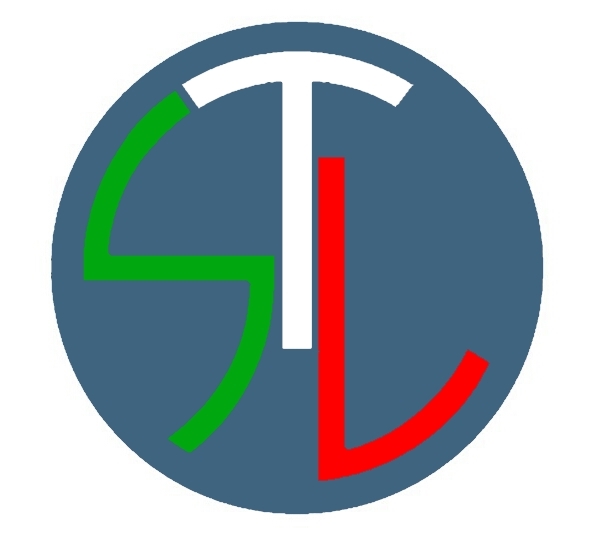Ongoing Lease Agreements: What You Need to Know
When it comes to leasing property, an ongoing lease agreement can offer flexibility and stability for both renters and landlords. However, understanding the ins and outs of an ongoing lease agreement is important to ensure that you are getting the most out of your lease and avoiding any unexpected surprises.
What is an ongoing lease agreement?
An ongoing lease agreement, also known as a rolling lease or a month-to-month lease, is a rental agreement that doesn`t have a specific end date. Instead, the lease automatically renews on a monthly basis until either the tenant or landlord gives notice to terminate the agreement.
Benefits of an ongoing lease agreement
There are several benefits to signing an ongoing lease agreement. For renters, this type of lease offers flexibility – you can leave at any time as long as you give sufficient notice to your landlord. This can be particularly useful if you`re not sure how long you`ll be staying in the area.
For landlords, an ongoing lease agreement provides a stable stream of income without having to worry about finding new tenants every few months. Ongoing lease agreements can also be useful if a landlord wants to keep their options open in case they need to sell the property in the near future.
What to look out for with an ongoing lease agreement
While ongoing lease agreements offer flexibility and stability, there are some potential downsides to consider. One of the most significant is that landlords can raise the rent with only a month`s notice. This means that you could suddenly find yourself needing to pay significantly more rent than you were previously.
Additionally, landlords can terminate the lease with only a month`s notice, which can be an issue if you`re not prepared to move out. It can also be stressful to constantly renew your lease every month, as it can feel like you`re always on the edge of having to move out.
How to protect yourself
If you`re considering signing an ongoing lease agreement, there are some steps you can take to protect yourself. First, make sure you understand your landlord`s policies around rent increases and lease termination. It`s also important to ensure that your lease agreement clearly outlines the terms and conditions, including any fees or penalties for breaking the lease early.
Finally, it`s a good idea to regularly communicate with your landlord and to be a responsible tenant. This can help you build a positive relationship with your landlord, and may make them more willing to work with you if any issues arise.
In conclusion, an ongoing lease agreement can be a great option if you`re looking for flexibility and stability in your housing situation. However, it`s important to understand the potential downsides and to take steps to protect yourself. By doing so, you can ensure that your ongoing lease agreement is the right choice for you.
